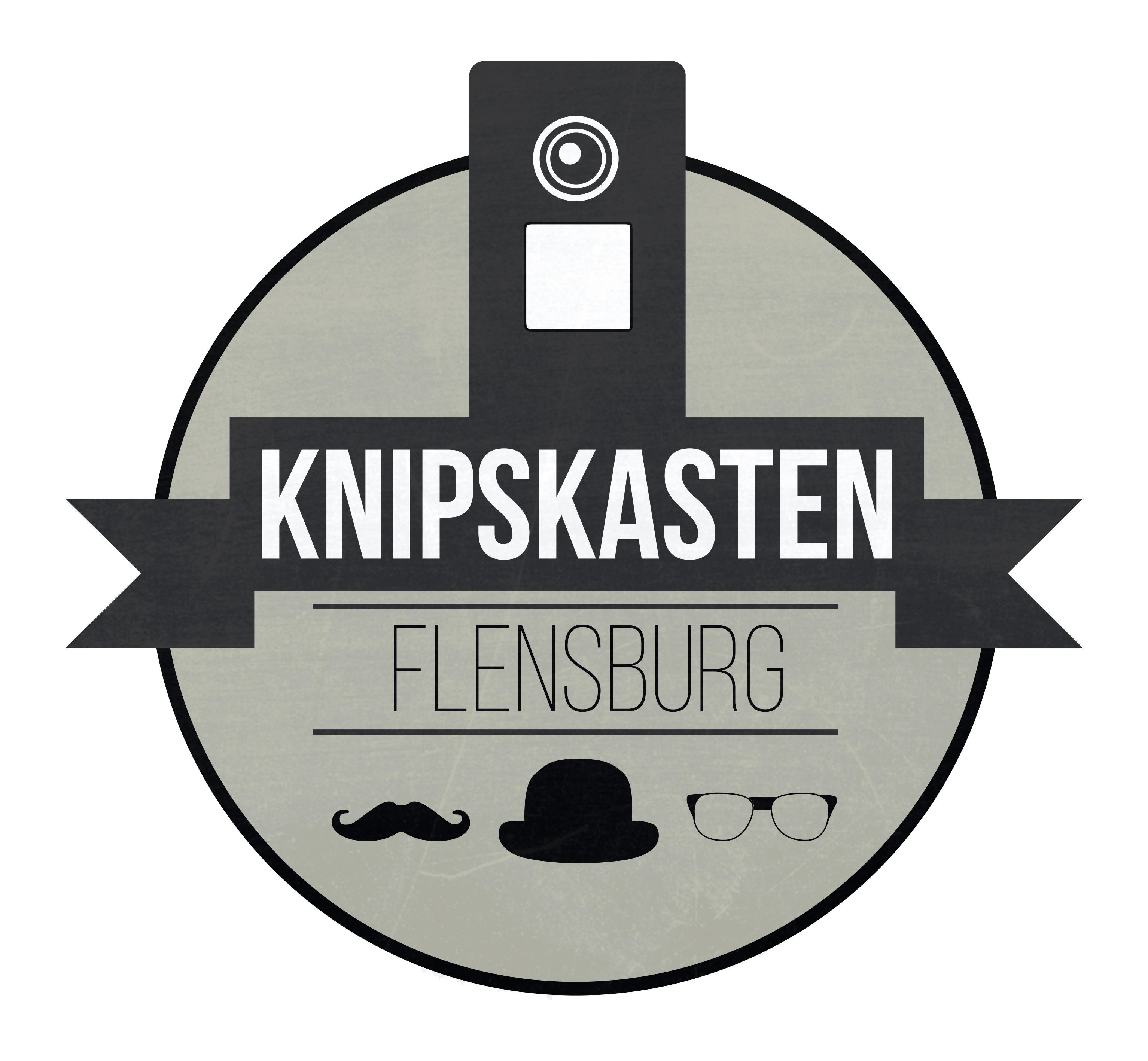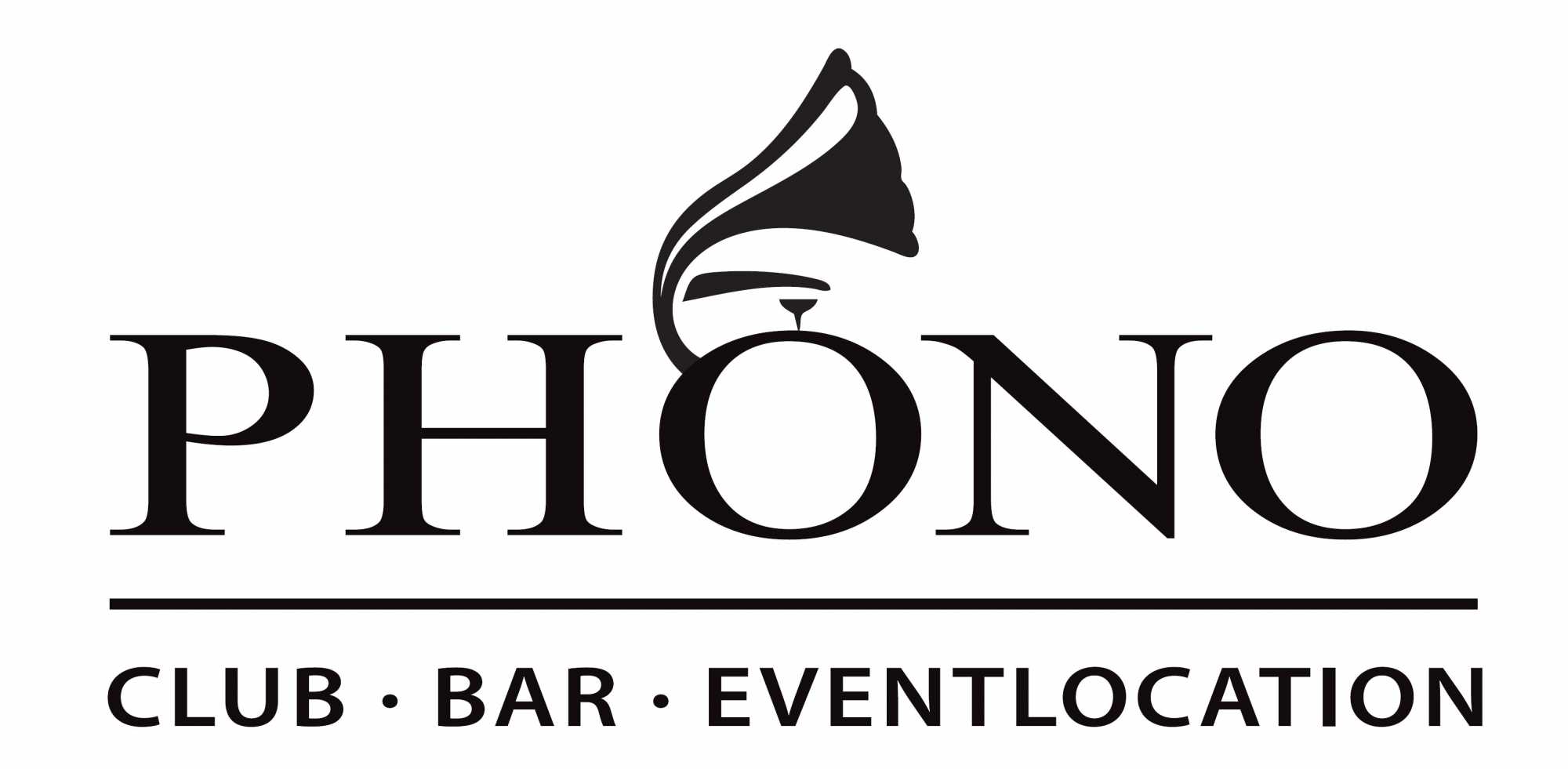- 1 | Lukas Demetz
- 2 | René Ferdigg
- 3 | Antonio Volino
- 4 | Mattias Rifesser
- 5 | Michael Perathoner
- 6 | Mirko Demez
- 7 | Marc Insam
- 8 | Phillip Demetz
- 9 | Alex Demetz
- 10 | Christian Jenegger
- 11 | Gabriel Frenner
- 12 | Samuel Frontull
- 13 | Alex Elzenbaumer
- 14 | Massimo Lorenz
- 15 | Matteo Lorenz
- 16 | Giovanni Deflorian
- 17 | Michele Petrone
- 18 | Sebastiano Rasom
- 19 | Alessandro Crepaz
- 20 | Alessandro Rasom
- 21 | Roman Palfrader
I Ladins at the EUROPEADA
“I Ladins” represents the ladin speakers in the italian Dolomites.
The men's I Ladins' team took part in the EUROPEADA for the first time in 2012.
The Ladiner in Italy
The Ladin language has a long history and arose during the penetrance of the Romans and the mixture between the proper language with the Latin one. The quite big territory of the Ladins was broken due to the invasion of the Baiuwarii from North and the Italos from South. Result was a division of the former connected language area into three parts, which all showed a proper history: Graubünden with the “Rumantsch”, the Dolomites with the “Ladin” and the Friaul with the “Furlan”. This was the origin of three different dialects of the same language in these three language isles. Today Ladin is called also Rhaeto-Romanic, because the native population was known as Rhaeato and the Ladin emerged from the influence of the Romanic language.
The recent history of the Ladins as lingustic minority is tightly connected with the history of the German speaking South Tyroleans, showing somehow important cultural identities. With the separation of the southern part of Tyrol after World War 1, the fascist government split the Ladins of the Dolomites, that previously belonged to the same region, into three different provinces, the territory around Cortina and Fodom with Col de Santa Lizia of the province Belluno (region of Veneto), Fascia to the province of Trento and Gherdëina and Val Badia with the side valley Mareo (Val Badia with Enneberg) to the province of Bolzano. Only latter reached an extensive autonomy and competences within the language area, so that the minority of this area was able to claim themselves best. Ladin was practised and transmitted primarly through the language. Since a few centuries also Ladin books are published. This is mainly due to the endeavour to maintain this language, which started out in 1833 with the first by Micurá de Rü composed Ladin grammar. His guideline was a future-oriented development of the language, the support of a common literary language for all Ladins. In 1976 the Ladin Cultural Institute Micurà de Rü was founded, with the objective of conservation, development and funding of the Ladin written and ordinary language, as well as the funding of the Ladin culture. So the 2000 years old, New Latin idiom from the Roman Age is cared and protected from its fall. Nowadays nearly 22.000 Ladins are living in the province of Bozen, mainly in Gadertal/Badia and Grödental/Gherdeina, with the centers St. Ulrich/Urtijei, Corvara and St. Vigil/Al Plan. Altogether there are living ca. 30.000 Ladins in the Dolomites.
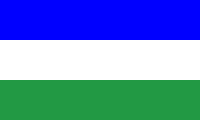
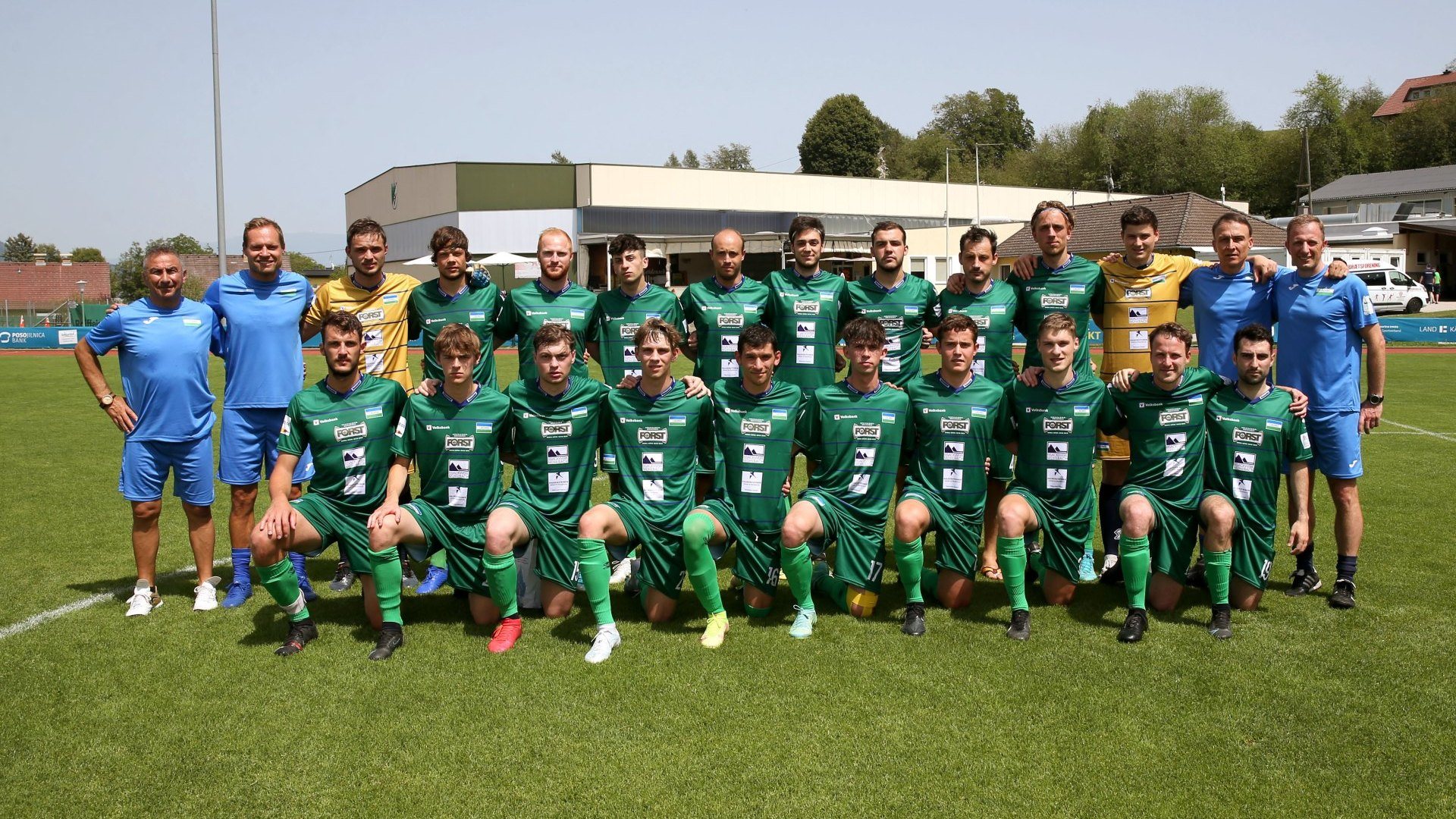



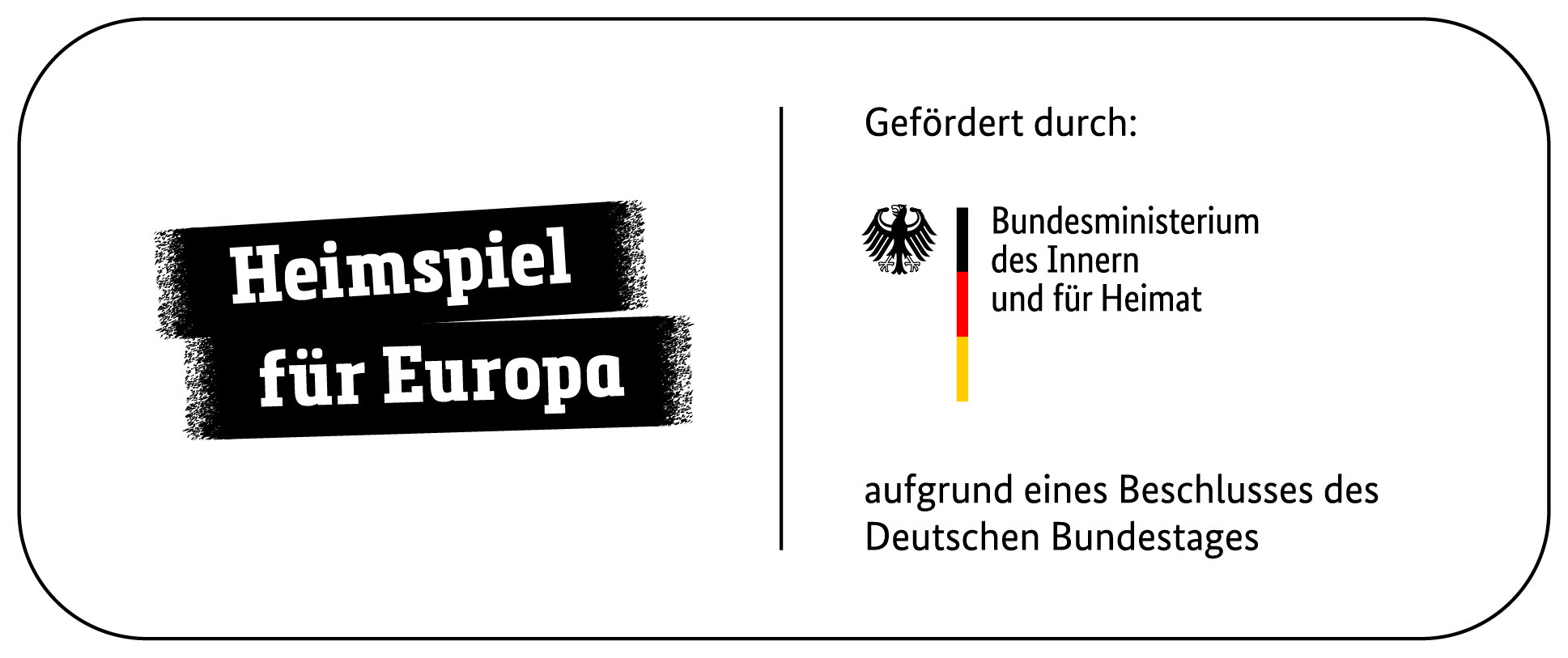
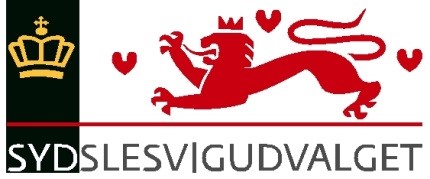



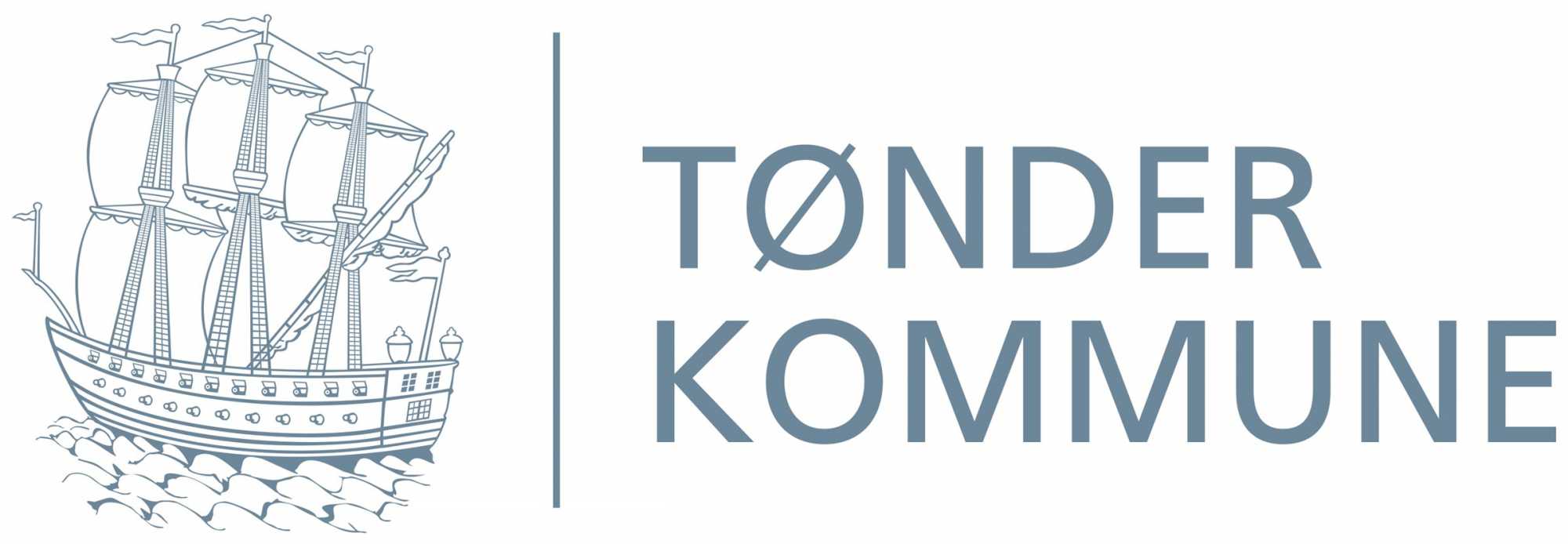
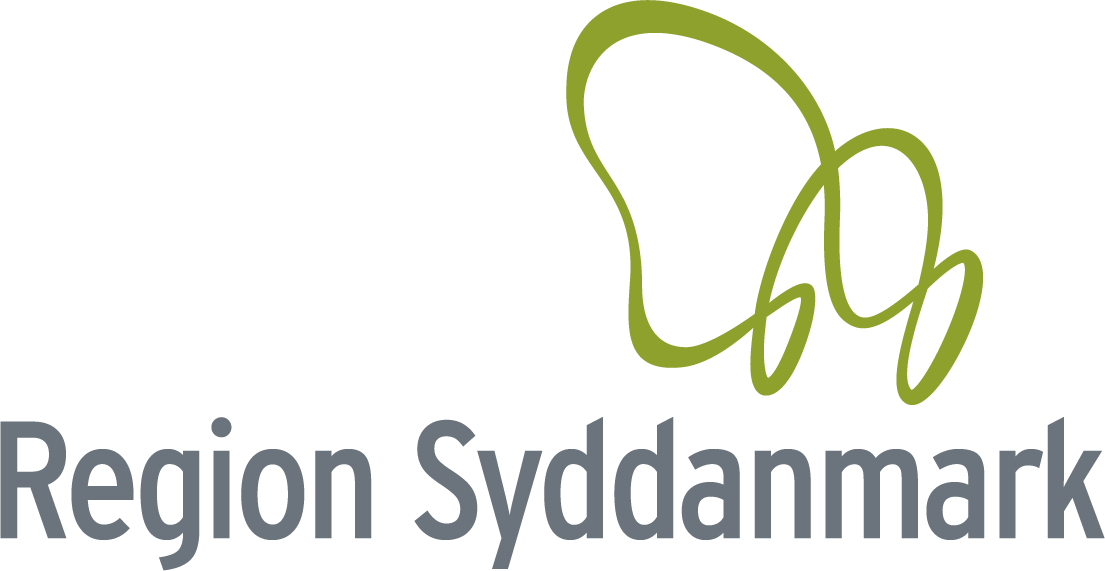
.png)



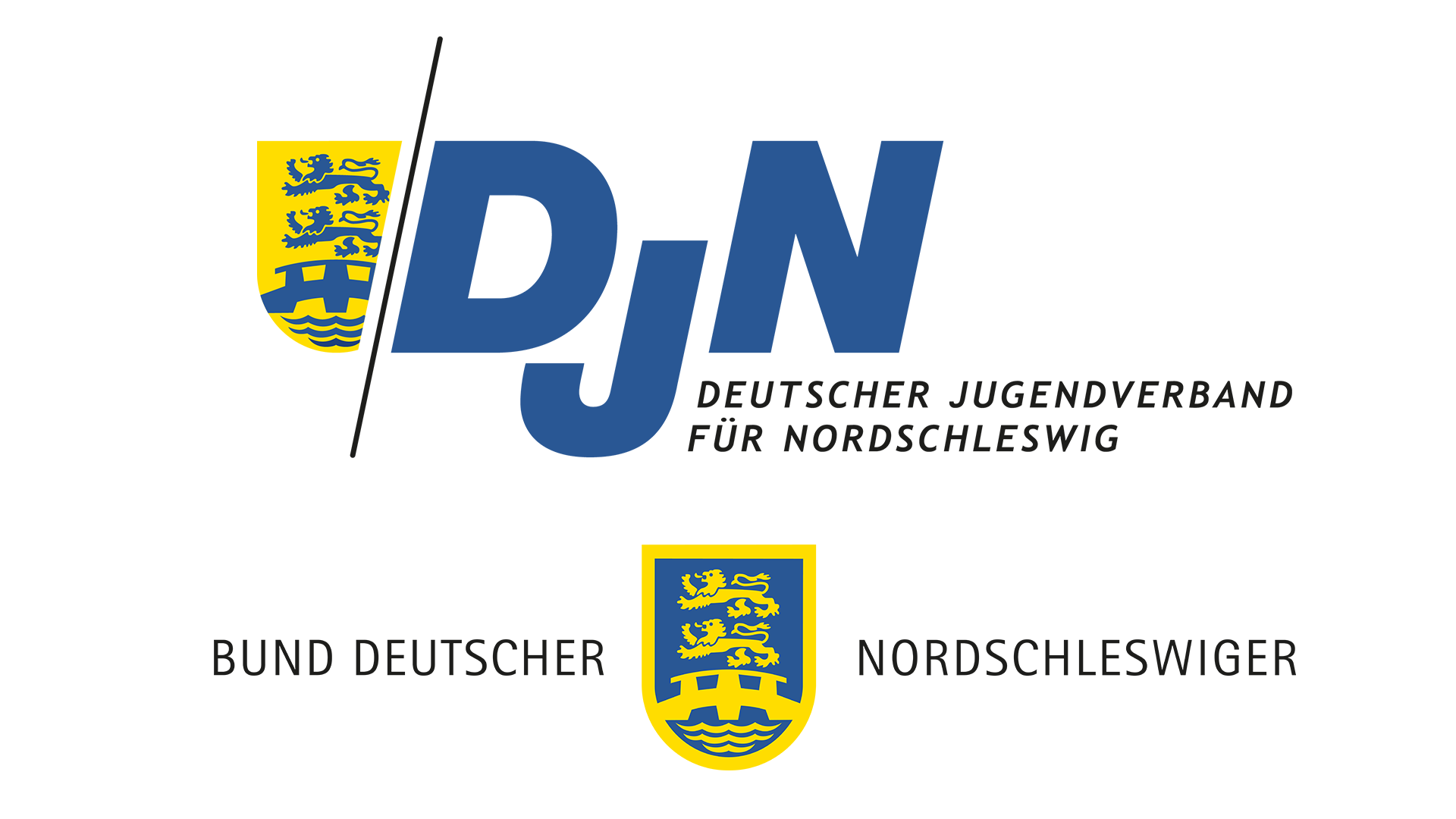
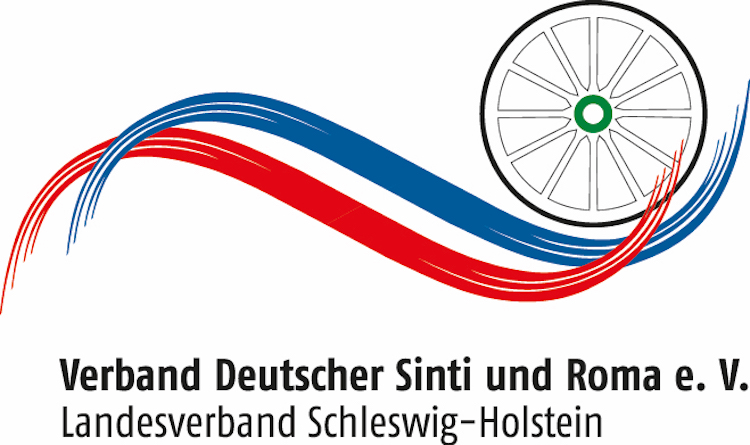

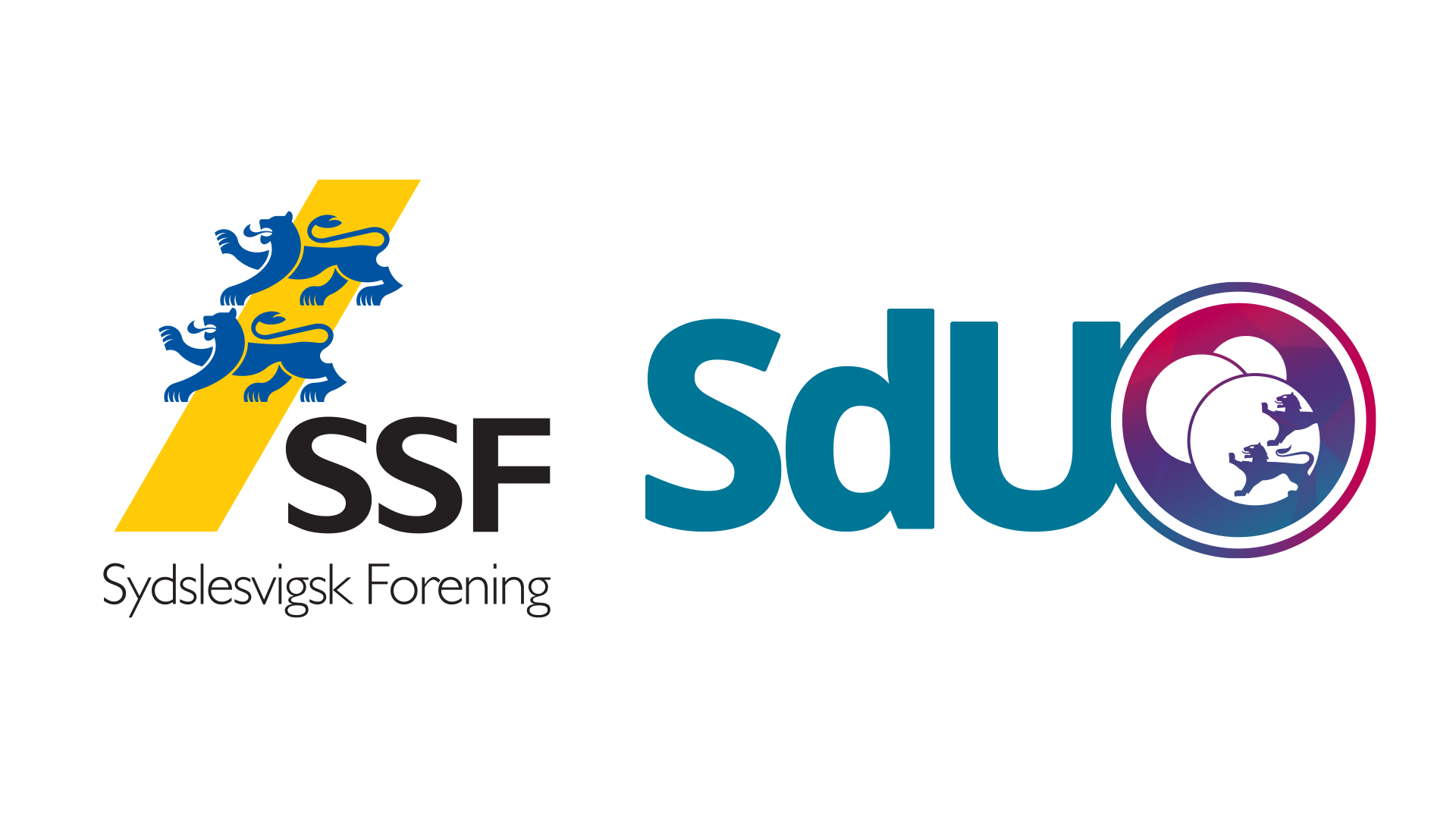


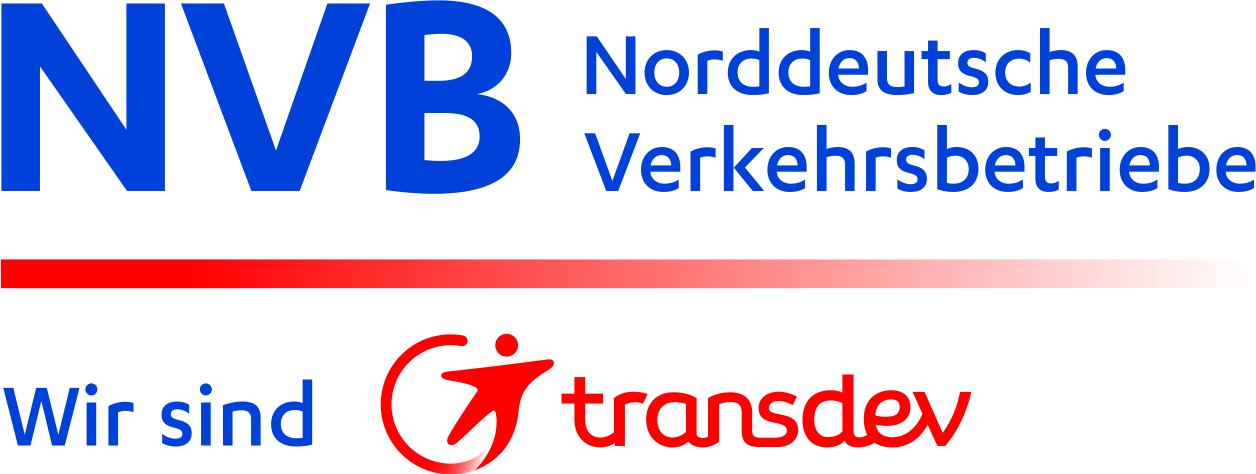

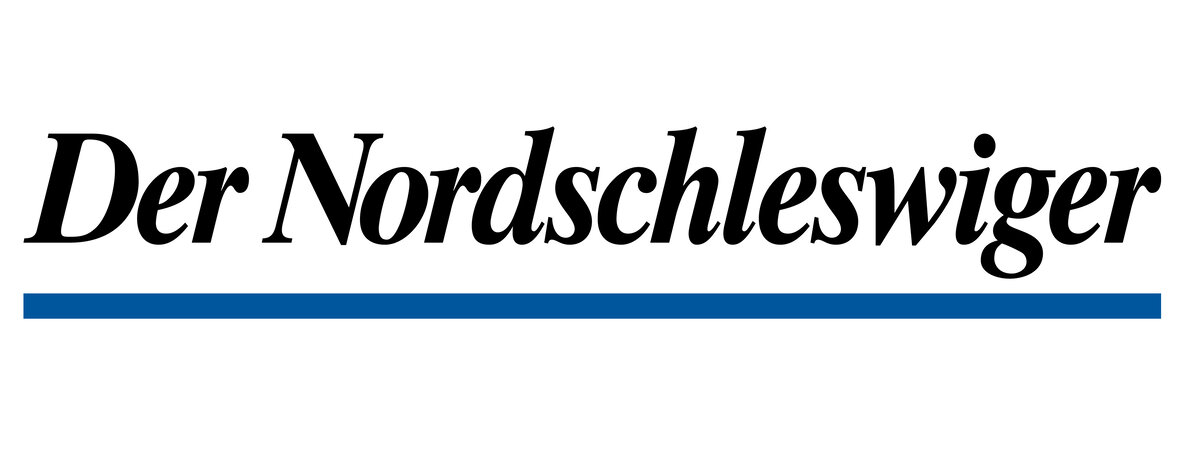





-1.png)
_(1).png)
